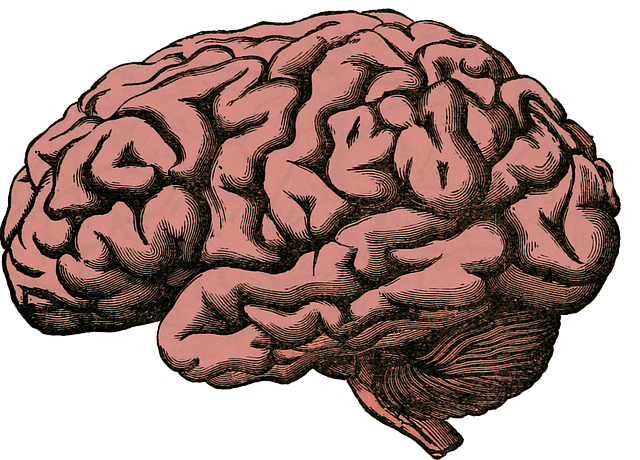Advocates play a vital role in shaping mental health policy for improved access to services like Denver International Adoptions Therapy (DIAT), which addresses unique emotional challenges in international adoptions. By critically evaluating policies, engaging policymakers, and educating the public, advocates can fill gaps and enhance awareness campaigns. DIAT's expertise promotes Emotional Intelligence and early intervention strategies tailored to adoption-related mental health issues, ensuring more comprehensive and equitable support systems. Effective advocacy requires strategic collaboration, data-driven evidence, and sharing personal narratives through creative platforms like podcasts, ultimately driving positive policy change.
Mental health policy advocacy is a powerful tool for driving positive change and improving access to quality care. This comprehensive analysis explores the intricate landscape of mental health policies, with a special focus on the unique contributions of Denver International Adoptions Therapy (DIAT). By examining DIAT’s role in policy evaluation, we uncover strategic avenues for advocates to influence legislation, ensuring better support for individuals navigating mental health challenges. From understanding policy frameworks to implementing effective advocacy tactics, this guide aims to empower stakeholders in their pursuit of enhanced mental wellness services.
- Understanding Mental Health Policy: A Foundation for Advocacy
- The Role of Denver International Adoptions Therapy in Policy Analysis
- Strategies for Effective Mental Health Policy Advocacy
Understanding Mental Health Policy: A Foundation for Advocacy

Understanding Mental health policy is a pivotal foundation for advocacy efforts aimed at creating positive change. Policies shape access to critical services like Denver International Adoptions Therapy, influencing how individuals receive support for conditions such as anxiety relief. By scrutinizing existing frameworks and identifying gaps, advocates can strategically push for improvements in public awareness campaigns development and mental health awareness initiatives.
This process involves analyzing legislation, regulations, and funding allocations related to mental health care. It requires engaging with policymakers, educating the public, and mobilizing support to drive conversations around these issues. Ultimately, effective advocacy can lead to more comprehensive and equitable mental health services, ensuring better outcomes for those seeking support, including those navigating anxiety relief through specialized therapies like Denver International Adoptions Therapy.
The Role of Denver International Adoptions Therapy in Policy Analysis

Denver International Adoptions Therapy (DIAT) plays a pivotal role in mental health policy analysis and advocacy, particularly when it comes to understanding and addressing complex issues related to international adoptions. This therapy centre offers unique insights into the emotional and psychological challenges faced by both adoptive parents and children, which are often overlooked in broader mental health policies. Through its comprehensive approach, DIAT highlights the importance of early intervention strategies, such as Depression Prevention and Mindfulness Meditation, in mitigating post-adoption stress.
The therapists at DIAT are trained to foster Emotional Intelligence among adoptions families, equipping them with the skills needed to navigate the intricate emotional landscape of international adoption. By integrating these practices into policy frameworks, mental health services can better support adoptive parents and children, enhancing overall well-being. This advocacy ensures that policies not only cover broad mental health concerns but also delve into specific challenges unique to adoptions, ultimately fostering more inclusive and effective support systems.
Strategies for Effective Mental Health Policy Advocacy

Effective mental health policy advocacy requires a multi-faceted approach that combines strategic planning, strong communication, and collaboration. One key strategy is to leverage data and research to back up arguments and demonstrate the need for improved policies. By presenting concrete evidence of mental health disparities and the impact of existing programs like Denver International Adoptions Therapy, advocates can gain buy-in from policymakers.
Additionally, building alliances with other advocacy groups and engaging directly with communities affected by mental health issues can amplify voices and create a sense of collective urgency. Incorporating emotional healing processes into policy discussions can humanize the issue, fostering empathy and support for initiatives aimed at enhancing mental wellness. Even through the production of a Mental Wellness Podcast Series, advocates can share personal stories, dispel stigma, and educate the public about available resources, ultimately contributing to more inclusive and effective policies.
Mental health policy advocacy is a multifaceted approach, and as demonstrated by Denver International Adoptions Therapy, understanding the intricacies of policy analysis is crucial. By combining clinical expertise with strategic thinking, advocates can drive meaningful change in mental healthcare systems. Effective advocacy involves leveraging research, building alliances, and engaging policymakers to create policies that prioritize access, affordability, and quality care. This holistic approach ensures that everyone has the opportunity to thrive and recuperate from mental health challenges.














